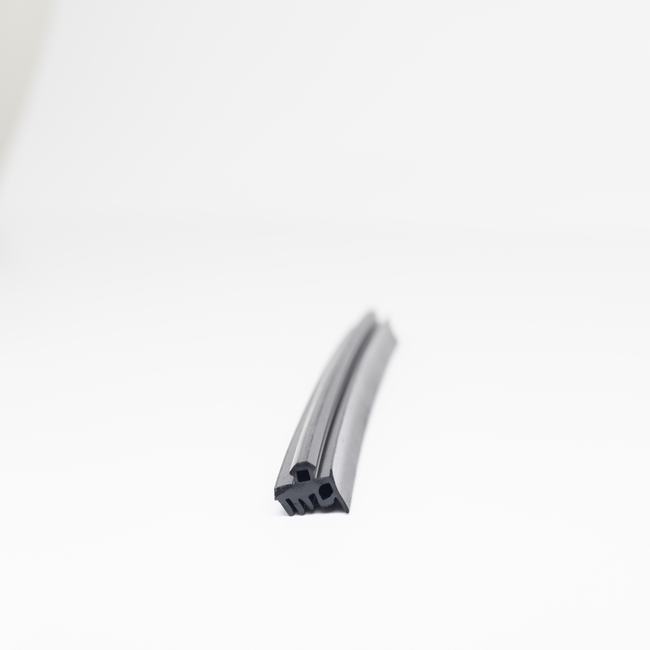GRP (Glass Reinforced Plastic) pipe seals are specialized components used in the construction and maintenance of GRP pipes and pipelines. GRP pipes, also known as fiberglass-reinforced plastic pipes, are popular in various industries due to their excellent corrosion resistance, lightweight, and durability. Pipe seals play a crucial role in ensuring the integrity of these pipelines by providing leak-proof and secure connections at joints and fittings. In this comprehensive description, we will delve into the key aspects of GRP pipe seals, including their materials, types, installation, and importance.
1. Material Composition:
- GRP pipe seals are typically made from high-quality elastomers, such as EPDM (Ethylene Propylene Diene Monomer), Nitrile Rubber (NBR), Viton (FKM), or other suitable materials.
- Elastomers are chosen for their resilience, chemical resistance, and flexibility.
2. Types of GRP Pipe Seals:
- Gasket Seals: These are ring-shaped seals that fit between flanges in pipe joints. They create a tight seal when the flanges are bolted together.
- O-Ring Seals: O-rings are circular seals that are placed in grooves or recesses to prevent fluid or gas leakage. They are widely used in pipe connections and valves.
- Sealing Compounds: Some GRP pipe seals are made from specialized sealing compounds that are applied to the joint to create a secure seal.
3. Installation Process:
- Proper installation is crucial for the effectiveness of GRP pipe seals.
- The installation process involves cleaning the pipe ends, applying lubricants or sealants as needed, and positioning the seal correctly.
- The flanges or connectors are then tightened to the recommended torque to create a secure and leak-proof connection.
4. Key Features and Benefits:
- Chemical Resistance: GRP pipe seals are highly resistant to a wide range of chemicals, making them suitable for use in corrosive environments.
- Temperature Tolerance: They can withstand both high and low temperatures, ensuring reliable performance in various conditions.
- Pressure Resistance: GRP pipe seals are designed to handle the pressure generated within the pipes, preventing leaks even in high-pressure systems.
- Durability: These seals are known for their long lifespan and minimal maintenance requirements.
- Flexibility: GRP pipe seals are flexible and can accommodate slight misalignments or movements in the pipes.
- Corrosion Resistance: They are impervious to corrosion, which is especially important in applications where metal seals would corrode.
5. Applications:
- GRP pipe seals are used in a wide range of industries, including:
- Water and Wastewater: GRP pipes are commonly used for water distribution and sewage systems, and the seals ensure leak-free connections.
- Chemical Processing: These seals are essential for transporting corrosive chemicals safely.
- Oil and Gas: In offshore and onshore applications, GRP pipes and seals are used to transport hydrocarbons and other fluids.
- Industrial: Various industrial processes rely on GRP pipes and seals to maintain fluid containment and prevent leaks.
- Infrastructure: They are used in infrastructure projects such as bridges, tunnels, and cooling systems.
6. Importance:
- GRP pipe seals are vital components for maintaining the reliability and safety of GRP pipe systems. They prevent leaks, which can lead to environmental damage, loss of product, and potential safety hazards.
- The durability and resistance of GRP pipe seals to harsh conditions ensure the longevity and efficiency of pipe systems, reducing maintenance and replacement costs.
In summary, GRP pipe seals are indispensable components in industries where GRP pipes are widely used. Their ability to provide leak-proof connections, resist chemicals, and withstand temperature and pressure extremes makes them crucial for ensuring the integrity of fluid transport systems in a variety of applications.

